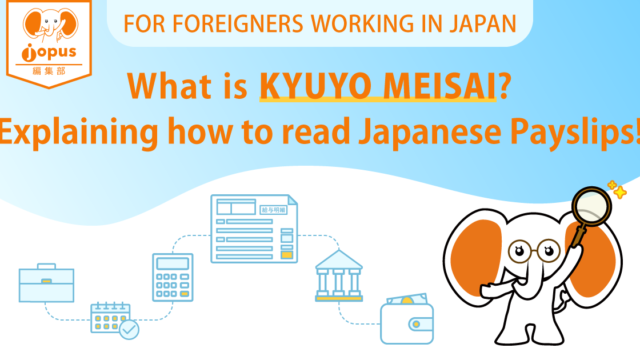Hiroaki Nakanishi, the chairman of Japan’s most powerful business lobby Keidanren (Japan Federation of Economic Organizations), whose membership numbers about 1,400 companies, officially announced on October 9th the termination of “the Guidelines on Recruitment and Selection”, the so-called job hunting rules that set a timeline for university students to look for a job. This will be valid for university graduates who are looking to join companies in Spring 2021.
Keidanren’s current guidelines demand that member companies wait until the start of March to hold company information sessions for prospective university students and job interviews in June. With this annulment, the government will now initiate the establishment of new rules.
Here is an overview of the controversy regarding the job hunting rules for university graduates.
Why were these job hunting guidelines initially put into place?
Let us take a look at the reasons why Keidanren had to set a schedule for the hiring process for member companies in the first place. This can be split into two main reasons: Firstly, to give university students more time to focus on their studies, and secondly, to guarantee a fair recruiting process for member companies.
Keidanren set these hiring regulations with the intention of helping university students spend more time on their studies instead of attending explanatory sessions or job interviews at the request of competing companies trying to get a head start over their rivals to hire excellent candidates. They were also aiming to guarantee a fairer recruiting process among member companies, at the same time also allowing university students to enjoy a more efficient job hunting experience.
Why have they now been abolished?
Noteworthy here is that the job hunting rules are merely an agenda, which means there is no penalty for breaching them. Moreover, the rules do not apply to non-member companies such as overseas multinationals or startups. Therefore, the guidelines have become rather redundant to some extent, and many promising candidates have been snapped up by foreign companies before their Japanese counterparts have had a chance to even evaluate their talent.
In addition, with the growth of economic globalization and a rapidly changing market, Japan’s traditional system of hiring new graduates en masse is no longer a sustainable practice within the global business movement.
Keidanren is also looking to accommodate the current economic situation and modern work style so that they can strengthen Japanese companies’ competitiveness in the global market by enabling them to plan a more flexible hiring schedule.
The pros and cons of scrapping the job hunting rules
The main consenting opinion regarding scrapping the job hunting rules is that setting an earlier hiring schedule is beneficial not only for companies but also for students because they have longer preparation time and can access more useful information. Furthermore, the changes will enable companies to formulate a more flexible hiring process.
With the current job hunting system, some students in fact receive multiple job offers within a few weeks after the job hunting season starts and they tend to feel pressured to decide a company to join without giving themselves enough time to consider carefully. This is a decision made under pressure that will substantially determine their future career.
This kind of adverse effect could be eliminated once companies are able to set their recruiting schedule without any restrictions. In addition, students are also able to decide themselves when to start job hunting, and the period of time they want to devote to it. This shift might eventually bring even more satisfying results to both parties.
On the other hand, some groups disagree with the idea of abolishing the job hunting rules claiming that abandoning the current system could seriously affect the process of job hunting, creating confusion among current students in the short term. On top of this, some people still believe that bringing the job hunting season forward could adversely impact on students’ education.
Japanese universities are hugely concerned about the negative impact of an early job hunting season on students’ academic performance. Needless to say, the role of a student is to study and job hunting should never interfere with their school work.
One way to solve this problem is to demand that companies put more emphasis on students’ academic performance in their hiring process so that consistently hardworking students are rewarded for their academic efforts.
Conclusion
The system of hiring new graduates en masse has been one aspect of traditional Japanese employment culture, which greatly contributed to the rapid economic growth of Japan post-WWII. Combined with the age-limit system, seniority system, job rotation and so forth, the graduate recruiting system used to be the source of Japanese companies’ strength. However, now that the economic and social conditions are changing, these practices are increasingly looking outdated.
Given the fact that Japanese companies are facing the need for talented non-Japanese workers to boost their chances to compete further in the overseas market, the recruiting system is also expected to develop more towards the global standard.
[Reference] The summary of the press conference by chairman Nakanishi.



















